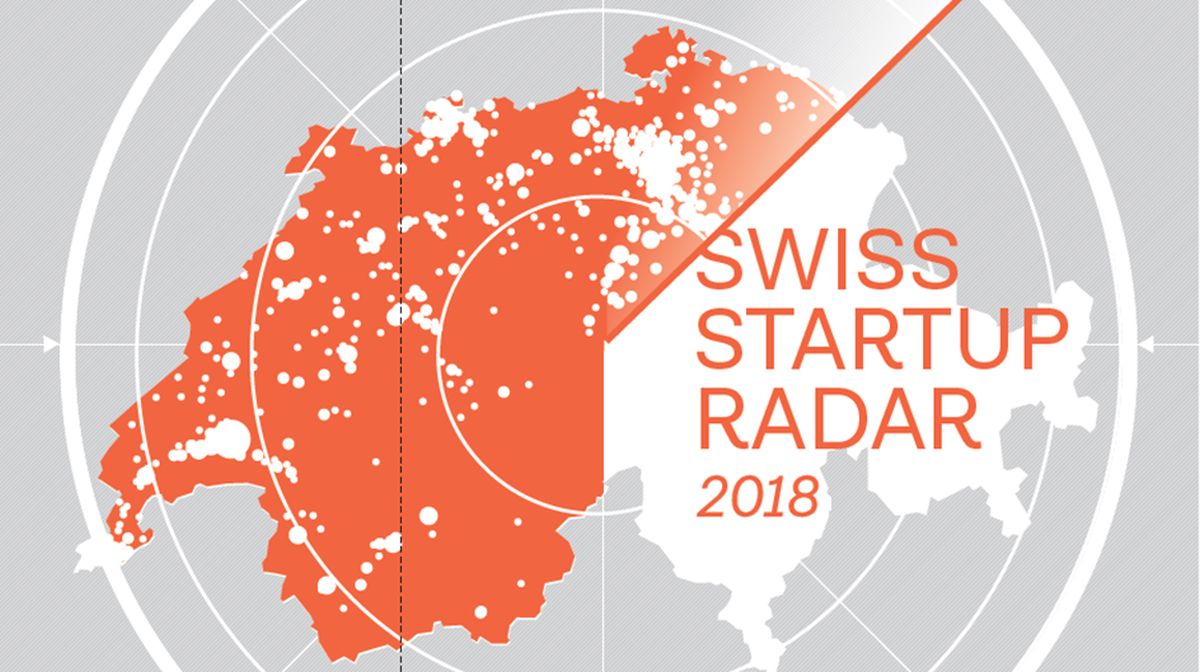
Where does Switzerland as a start-up location stand in international comparison? How has it developed? What are the strengths and weaknesses? Now, we have data-based answers to these questions. A study based on an evaluation of 4,000 datasets has just been published by startupticker.ch together with HEC Lausanne, University of Lausanne.
It is obvious that start-ups have become more important to the Swiss economy. They are now a sought-after collaboration partner for successful companies; they not only attract more investment but also much more attention from politicians and the public than a few years ago. It is all the more astonishing then that hardly any figures exist on ambitious, technology-based start-ups.
This has now changed. Michael Rockinger, Eric Jondeau, both professors at HEC Lausanne, University of Lausanne, and Stefan Kyora, editor-in-chief of startupticker.ch, have made an analysis of data from 4,000 start-ups. The results are published in Swiss Startup Radar, which appears today.
Swiss Startup Radar shows that the number of start-ups founded has risen sharply since modest beginnings in the 1990s. Today, 300 technology-driven companies are founded each year – four times more than in 2002. It is clear that most are in canton Zurich, followed by cantons Vaud, Geneva, Bern and Zug.
The foundation activity according to sector reflects the strengths of the location. In the traditional sectors of pharmaceuticals and medtech, financial services and industrial manufacturing, Switzerland has in international comparison many and more successful start-ups.
However, international comparison also shows that Swiss start-ups grow less strongly than those in other countries. In particular, start-ups develop slowly in the first 10 years – this is also confirmed by an analysis of the lifecycle – and their development rarely leads to an IPO or takeover by a large company, with only 6% making such an exit.
The Swiss start-up sector thus does not conform to the usual image of a start-up scene with fast-growing internet unicorns. Its development path features specific characteristics, the most important of which is the embedding in traditionally strong and innovative sectors. This brings undoubted benefits – start-ups are able to leverage knowledge, experience and contacts from an existing ecosystem – but also challenges. These companies almost always develop into SMEs, ultimately following a traditional growth strategy.
Swiss Startup Radar presents these results in three languages (German, French and English). The 100-page book can now be downloaded from startupticker.ch or ordered at news@startupticker.ch.























































Please login or sign up to comment.
Commenting guidelines